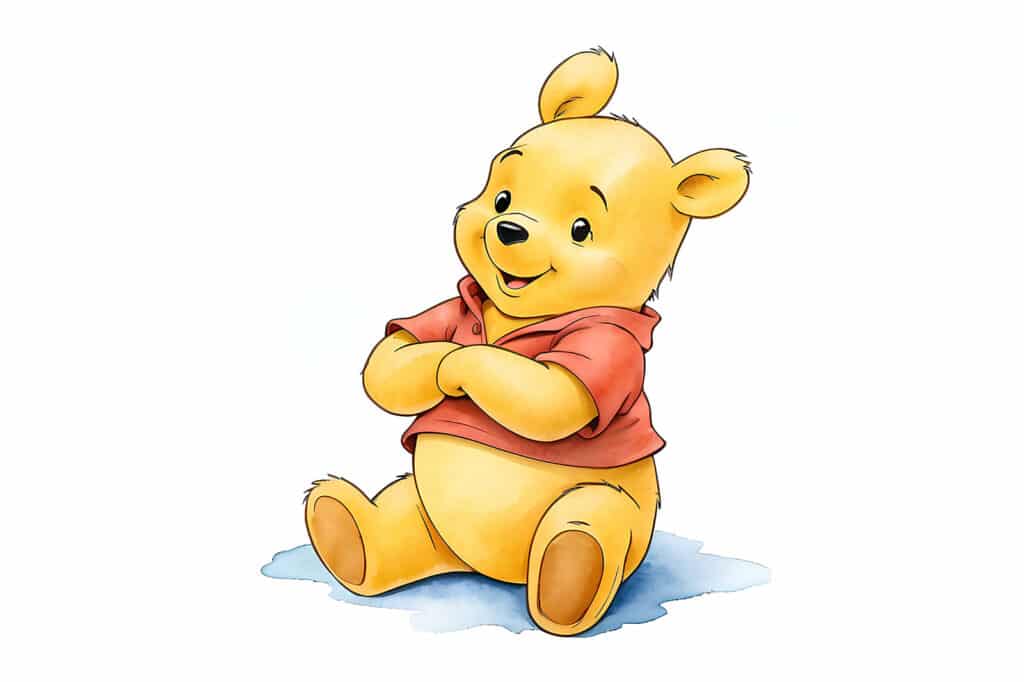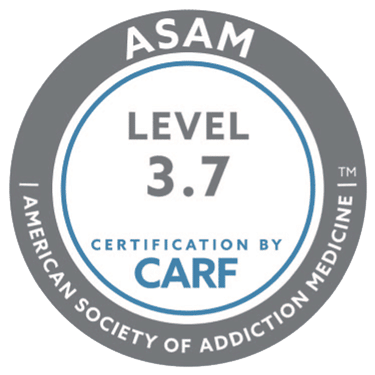For thousands of years, stories about fictional characters have been used to offer insight into various aspects of our daily lives. An excellent modern example of this is Winnie the Pooh, the beloved creation of author A.A. Milne.
Although Pooh and his friends from the Hundred Acre Woods aren’t real, their representation and explanation of various mental health conditions certainly are. Each of the primary characters in these stories represents something different and each tells us how we can understand and relate to these conditions in ourselves and those around us.
Let’s take a look at which condition each character represents and what lessons we can learn from them.
Mental Health Themes in Winnie the Pooh
Although A.A. Milne himself never directly stated that his characters were designed to be viewed through the lens of mental health, there are still important lessons and themes that can be gleaned through such analysis.
It’s important to note that this conversation is strictly focusing on raising awareness of these mental health conditions and how to overcome them. This is not an attempt to diagnose fictional characters but instead, it’s a look at how common mental disorders can present and how best to treat them.
Breakdown of Characters and Their Traits
Let’s take a look at the residents of the Hundred Acre Wood and explore how their personalities may reflect potential mental health disorders, using examples from “The Many Adventures of Winnie The Pooh.”
- Winnie the Pooh has many traits commonly associated with ADHD (Attention Deficit Hyperactivity Disorder), including impulsive behaviors and difficulty focusing on tasks. His love and fixation on honey and repetitive counting suggest he may also represent an eating disorder and obsessive compulsive disorder (OCD) tendencies.
- His best friend Piglet’s constant worrying and fear of the unknown may suggest a generalized anxiety disorder. He never seems relaxed and is often depicted as fretting over even the most minor inconveniences, even after he is reassured by Pooh.
- Much like Pooh, Tigger also has many ADHD traits, including impulsivity and hyperactivity. The best example of this is his constant bouncing and inability to remain still for any length of time, much to Rabbit’s displeasure.
- Perhaps the most well-known is Eeyore, whose hallmark glum and gloomy outlook on life suggests persistent sadness and major depressive disorder. He also exhibits signs of low self-esteem, as he often makes negative comments about himself or his abilities during his appearances.
- Rabbit’s need for rigid control over his environment suggests that he He may also have Narcissism, as he believes he is wiser than the others in an attempt to “feel control”.
- Owl tries hard to present himself as an intellectual at all times, potentially masking some insecurities. He also shows Dyslexia and Short-Term Memory Loss. He also appears to be narcissistic at times, like ignoring the peril faced by multiple characters around him as he tells a long, uninteresting story that only he finds interesting.
- Kanga occasionally exhibits obsessive tendencies as she’s singularly focused on her son, Roo. She also shows signs of Social Anxiety Disorder by withdrawing and is often seen not taking joy in everyday activities, as she’d rather be at home.
- Speaking of Roo, he shows some signs of autism. He lacks awareness of danger and has an attachment to sitting in his mother’s pouch instead of doing anything else.
- Christopher Robin’s defining traits are his leadership and emotional intelligence, but he also exhibits signs of separation anxiety every time circumstances demand he leave the Hundred Acre Woods. The live-action Christopher Robin films starring Ewan McGregor outright state this, although it is only implied in Milne’s books and the Disney animated films. He could also have Schizophrenia because his “friends” appear depending on his mood, and lacks parental supervision
Again, this is not an attempt to diagnose fictional characters or suggest that A.A. Milne intended these characters to portray these mental disorders (which seems unlikely, as Christopher Robin is based on and named after Milne’s beloved son and would probably not be written as having any type of disorder) but simply that their behaviors happen to line up with certain conditions, from which we can learn valuable lessons.
What We Can Learn from These Characters
Perhaps even above understanding the mental health traits these characters represent, the most important lesson to take away is how they interact with each other. The deep levels of empathy the characters show to each other despite their flaws is something we, too, should apply to those around us experiencing mental health challenges.
The friendships these characters share with one another show the power of community and support when it comes to mental wellness. They may not always get along or see eye-to-eye but because they understand and empathize with each other, they’re always able to resolve their conflicts.
The characters speak freely with one another and are open with their feelings because they know they won’t “get in trouble” or be yelled at by their friends. They always try to support and help each other, rather than getting into a confrontation or making things worse.
Recreate Behavioral Health’s Approach to Mental Health
Recreate Behavioral Health offers treatment for anxiety, ADHD, depression, and other mental health disorders with personalized care plans. We know that everyone is different and instead of treating our patients with “what works for most people,” our treatment plans are focused on what works best for you.
Here is a sample of the many types of therapy we offer:
- Cognitive Behavioral Therapy (CBT) is a collaborative process between a patient and their therapist where the patient’s thought processes are examined and corrected to help them overcome negative thinking. It’s not about “thinking positive thoughts” – it’s about thinking realistically.
- Similarly, dialectical behavior therapy (DBT) uses similar concepts to CBT but with a greater focus on helping patients deal with strong emotions and improve social skills. Developed by former psychiatric patient and bestselling author Marsha Linehan in the 1980s, it aims to help patients handle stress, manage strong emotions, improve interactions (particularly in relationships), and increase mindfulness by being more aware of the present.
- Group therapy involves a small group of patients meeting together with one or more certified mental health professionals to discuss their issues. This is an especially good option for some patients who would feel uncomfortable speaking one-on-one with a therapist, as it not only helps them become more open with sharing their feelings and experiences but also helps them realize that they aren’t alone and other people have similar struggles.
These are just a few of the wonderful treatment options offered by Recreate Behavioral Health. Although no mental health provider can guarantee results, we offer evidence-based therapies that have been proven effective in helping people like you and your loved ones around the world.
Conclusion
Much like Pooh and his friends in the Hundred Acre Wood, it’s important to reflect on mental health issues in ourselves and those around us. The main characters in this beloved story each display unique traits that can serve as a gentle reminder of the complexities of human behavior. For instance, some interpretations suggest that traits like obsessive fixations or elements of a narcissistic personality might align with characteristics described in the DSM, highlighting the importance of understanding and compassion.
If you or a loved one is experiencing a personality disorder, challenges with mental health, or feel that something doesn’t feel right, know that help is always available, and you are not alone. Contact Recreate Behavioral Health to speak with one of our caring representatives about a personalized treatment plan that can guide you toward living your best life.
Whether it’s finding comfort in a cherished stuffed animal or leaning on a professional support system, taking the first step toward healing is a courageous act.










